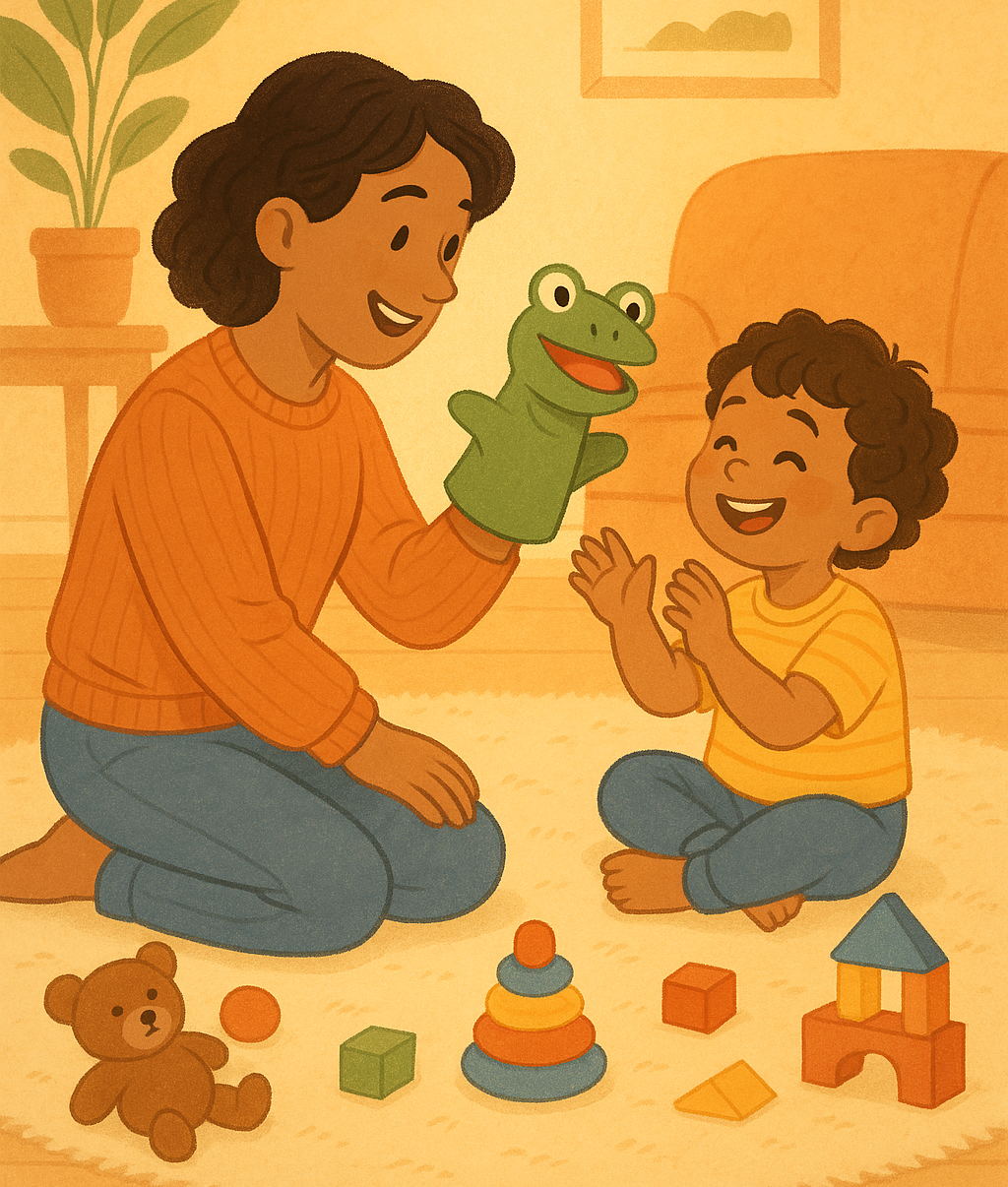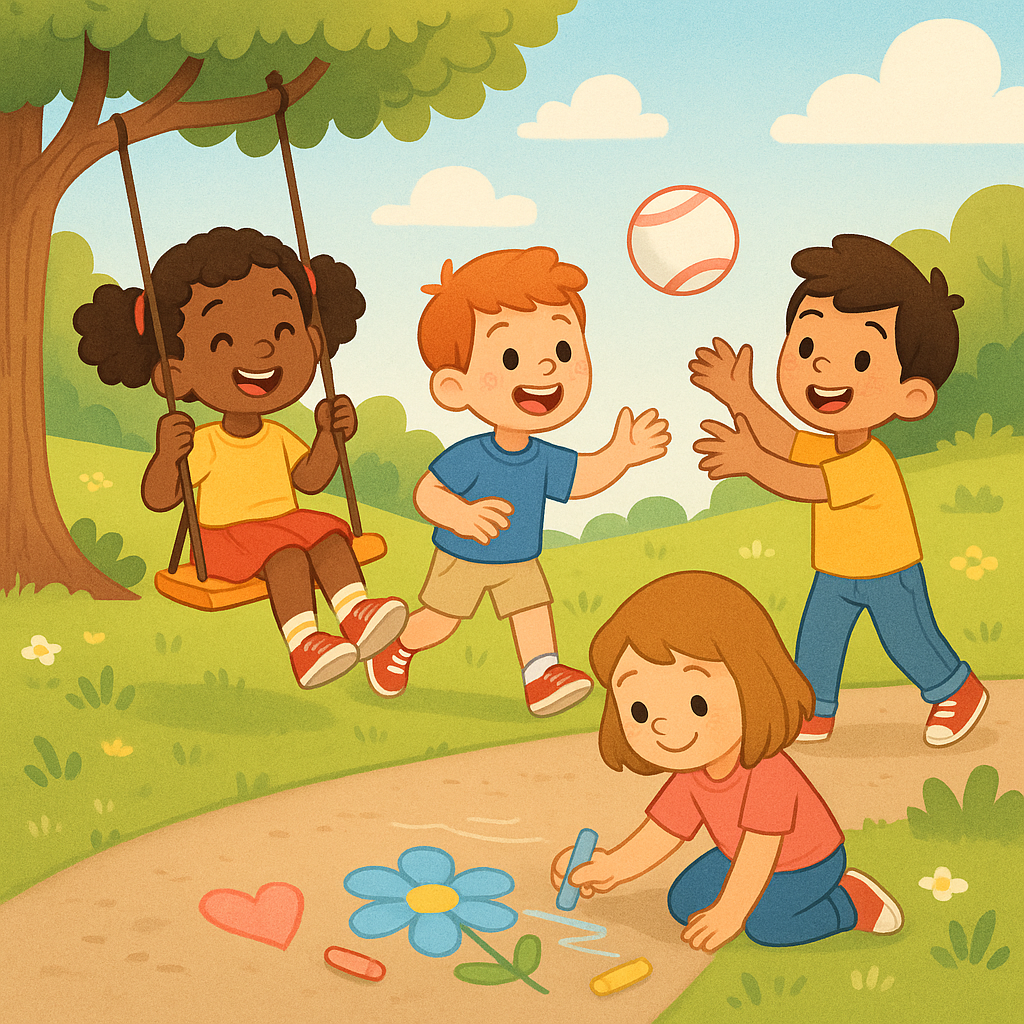Children often struggle to express their feelings, especially when they’ve experienced something difficult or confusing. As parents, it can be…
Introduction: Leaving your child home alone for the first time can feel like a big step—for both you and your…
As parents, we all want the best for our children—emotionally, socially, and academically. But sometimes, children face challenges they can’t express in words. This is where play therapy comes in, offering a powerful way for kids to process emotions, build resilience, and grow.
As parents, we all want to foster deep, meaningful connections with our children. One of the most effective—and enjoyable—ways to do this is through playtime. Play is more than just fun; it’s a powerful tool for building trust, communication, and emotional security.
Parenting a child with ADHD or other behavioral challenges can be both rewarding and overwhelming. As a professional play therapist, I’ve seen firsthand how play therapy can be a transformative tool for children and their families. In this blog, we’ll explore how play therapy works and why it’s such a powerful approach for addressing behavioral challenges.
Tantrums and meltdowns are a natural part of childhood, but they can be overwhelming for both children and parents. As a play therapist, I often see the transformative power of play in helping children navigate these intense emotions. In this blog, we’ll explore how play can be a valuable tool for addressing tantrums and meltdowns, offering practical strategies for parents to implement at home.
Friendship and confidence are two pillars of a happy childhood. As parents, we often wonder how we can help our children develop these essential skills. One of the most effective ways is through play. Play is not just fun; it’s a powerful tool for learning and growth. In this blog, we’ll explore how play can help your child make friends and build confidence.
Play is a universal language for children, and it can be a powerful tool for encouraging positive behavior. As parents, we often focus on correcting misbehavior, but what if we could use play to guide our children toward better choices? In this blog, we’ll explore creative ways to foster positive behavior through play.
As a parent, nothing is more heartbreaking than seeing your child struggle after experiencing or witnessing gun violence. The trauma from such events can leave lasting emotional scars, but with your love, support, and guidance, your child can begin to heal and regain a sense of safety.
As a parent, nothing is more heartbreaking than seeing your child struggle after experiencing or witnessing gun violence. The trauma from such events can leave lasting emotional scars, but with your love, support, and guidance, your child can begin to heal and regain a sense of safety.









